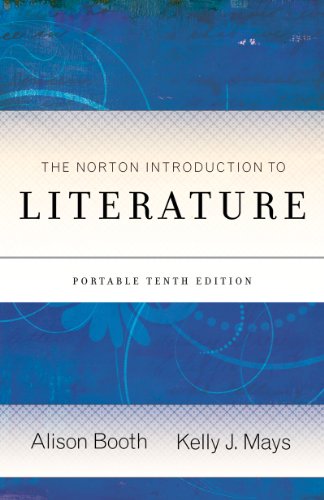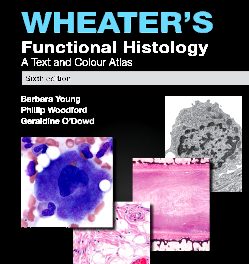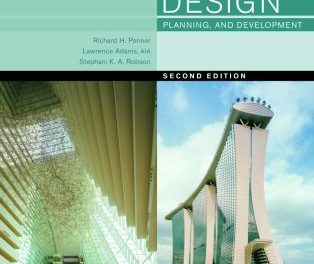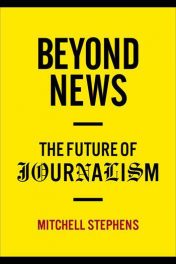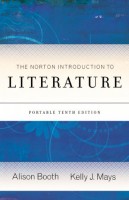 Editors: Alison Booth and Kelly J. Mays
Editors: Alison Booth and Kelly J. Mays
Publisher: W.W. Norton & Company – 1349 pages
Book Review by: Paiso Jamakar
This compact but thick book contains a variety of numerous writings that constitute a complete course in college-level literature. Among other material, it has 35 stories, 206 poems and eight plays.
As the editors describe it, it is “a teaching anthology focused on the actual tasks, challenges and questions faced by college students and instructors… that offers practical advice to help students transform their first impressions of literary works into fruitful discussions and meaningful essays, and it helps students and instructors together tackle the complex questions at the heart of literary study.”
This tenth edition has many new features, among which are the following:
- Forty-four new selections
- Significantly improved writing pedagogy
- A valuable student resource – LitWeb – found on www.wwNorton.com
- Instructor’s resources: a manual, disc and audio CDs, exercises on teaching poetry
- Blackboard / WebCT coursepack
- DVDs of most of the plays featured in this book
But this volume also contains much that has not changed from past editions and has made this book very popular among instructors and students for it to get to the tenth edition:
- Diverse selections with broad appeal
- Helpful and unobtrusive editorial matter
- An introduction to the study of literature
- Helpful guidance for writing about literature
- A sensible and teachable organization
While we all know what literature pertains to – material we encountered in our English classes such as plays, poems and short stories – what really is literature and what literature is not, the editors ask. Is any piece of writing considered literature? No. The writing must be of recognized artistic value to be rightfully called literature.
Artistic value is no doubt a subjective element. What is of artistic value to one may not be so to another person. But the key qualifier in the description is the word “recognized,” which means a number of experienced writers recognize that a written piece has value.
When we speak of literature, we are usually referring to “imaginative and creative writing.” Such writing typically consists of narrative writing like novels, plays and stories that also require imagination to create; but they also include poems, which are a form of creative writing that may or may not be narratives. Essays are also part of literature, and while for the most part they are not a narrative form of literature, they do require creativity to write them. Also content found in newspapers such as news items, opinion pieces, and cartoons are forms of writing not classified as literature. So in short, not all writing is literature.
In the Introduction, five important questions are asked and answered. We are not going to reveal the answers but just mention the questions, to set you thinking, and to motivate you to get a copy of this book to read the answers. The five questions are:
- What is Literature?
- What are the Genres of Literature?
- What Does Literature Do?
- Why Read Literature?
- Why Study Literature?
I urge readers to read the Introduction very carefully so that they can develop a proper perspective toward literature and can understand and enjoy the contents of this book.
To give you an overview of the contents of this book, it has four broad sections: Fiction, Poetry, Drama, and Writing about Literature.
Within Fiction, there are sub-sections and chapters on reading, responding to, and writing fiction; understanding the text; and biographical sketches of fiction writers.
Within Poetry, there are sub-sections and chapters on reading, responding to and writing poetry; understanding the text; and biographical sketches of poets.
And within Drama, there also sub-sections and chapters on reading, responding to and writing drama; and biographical sketches of playwrights.
Within Writing about Literature there are chapters on the following:
- Paraphrase, Summary and Description
- The Elements of the Essay
- The Writing Process
- The Research Essay
- Quotation, Citation and Documentation
- Sample Research Paper
This is a fairly comprehensive and well organized work on literature on reading, understanding, writing and teaching literature; what it is not what it is not; what are its main forms. It is a good introduction to literature, with hundreds of stories, poems and plays written by notable writers.
Alison Booth is affiliated with the University of Virginia.
Kelly J. Mays is associated with the University of Nevada in Las Vegas.

